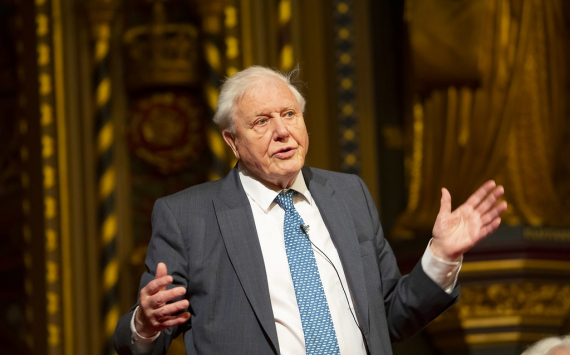
AI Sparks Voice Theft
Renowned naturalist and iconic broadcaster David Attenborough, celebrated for his distinctive voice and heartfelt storytelling, has raised alarm over AI platforms in the United States cloning his voice without permission. The 98-year-old voiced his outrage upon learning that his likeness was being misused to deliver politically charged news segments, covering sensitive topics such as the U.S. elections and the conflict in Ukraine.
“After dedicating my life to conveying truth through my work, it is deeply troubling to discover that my voice is being hijacked to express opinions I do not share,” Attenborough stated in an interview with the BBC.
This misuse of AI technology shines a spotlight on a growing issue that has left other public figures similarly outraged. Earlier this year, Scarlett Johansson criticized OpenAI for employing a voice in its ChatGPT product that bore a striking resemblance to hers. The actor revealed that despite turning down a collaboration with OpenAI months earlier, the company created a voice so similar to hers that even her friends and the media struggled to tell it apart. Johansson described the incident as both “shocking” and “infuriating.”
OpenAI eventually withdrew the voice after facing backlash, but its initial denial stirred further controversy. The company insisted the voice, called "Sky," was performed by a different professional actress and emphasized its commitment to respecting voice acting professionals.
For Attenborough, the situation is particularly upsetting given his lifetime dedication to truthful communication. Unlike the AI-generated imitations, his authentic narration continues to inspire audiences. Currently, he is lending his voice to Asia, a seven-part BBC series that explores the wildlife and breathtaking landscapes of the world’s largest continent. The series, filmed over four years, reflects Attenborough’s enduring commitment to storytelling rooted in authenticity and respect for nature.








